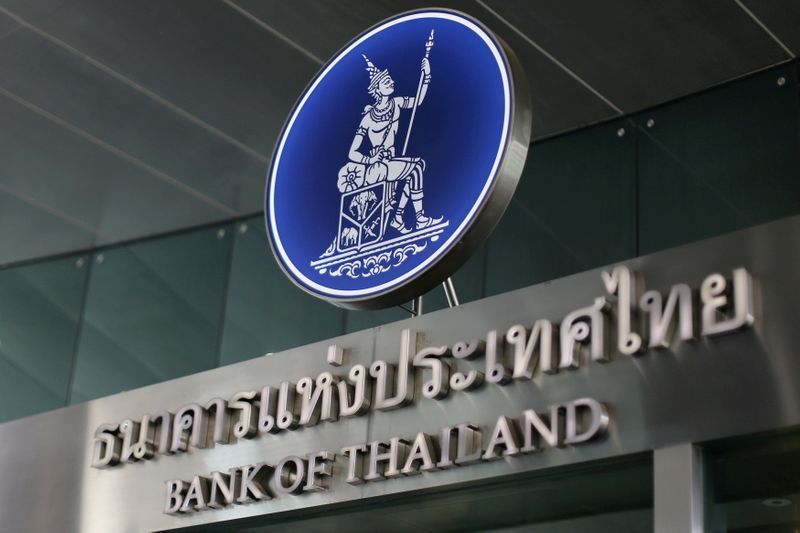By Orathai Sriring
BANGKOK (Reuters) - Thailand has good fiscal and financial stability but its economy remains fragile and has limited capacity to withstand shocks due to high external dependence amid a severe COVID-19 outbreak, the country's central bank said on Thursday.
The Southeast Asian country is dealing with its worst coronavirus outbreak to date, with the vital tourism sector still struggling. The economy suffered a 6.1% contraction last year and the central bank predicts growth of just 0.7% this year.
Thailand's fiscal sustainability, the stability of financial institutions and the strength of its balance of payments are "quite good", Bank of Thailand Governor Sethaput Suthiwartnarueput told a symposium on Thursday.
Despite macro measures indicating the economy is stable, "the Thai economy is not resilient and is very fragile," he said, adding stability would now also need to encompass issues other than just economic factors such as social and environmental factors.
In order to be resilient, Thailand must have the capacity to withstand shocks and the ability to recover from them, Sethaput said.
"But currently we have limitations in every aspect which makes the Thai economy not resilient to challenges," he said.
The economic structure is heavily dependent on foreign countries, including for tourism, exports and technology as well as a growing reliance on foreign workers https://www.reuters.com/article/idUSL4N2OV0R3 due to the ageing society, he said.

The economy has limited capability to cope with changes due to high inequality and a large informal sector, Sethaput said.
Vulnerable households and businesses are often affected by drastic changes, particularly income losses which create economic "scars" that will take a long time to recover from and restrain the overall economic recovery, he said.